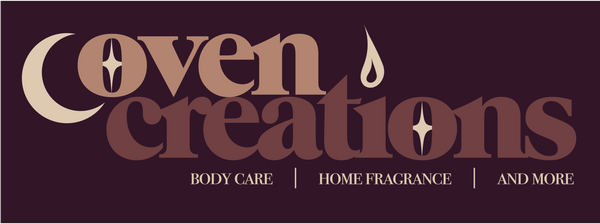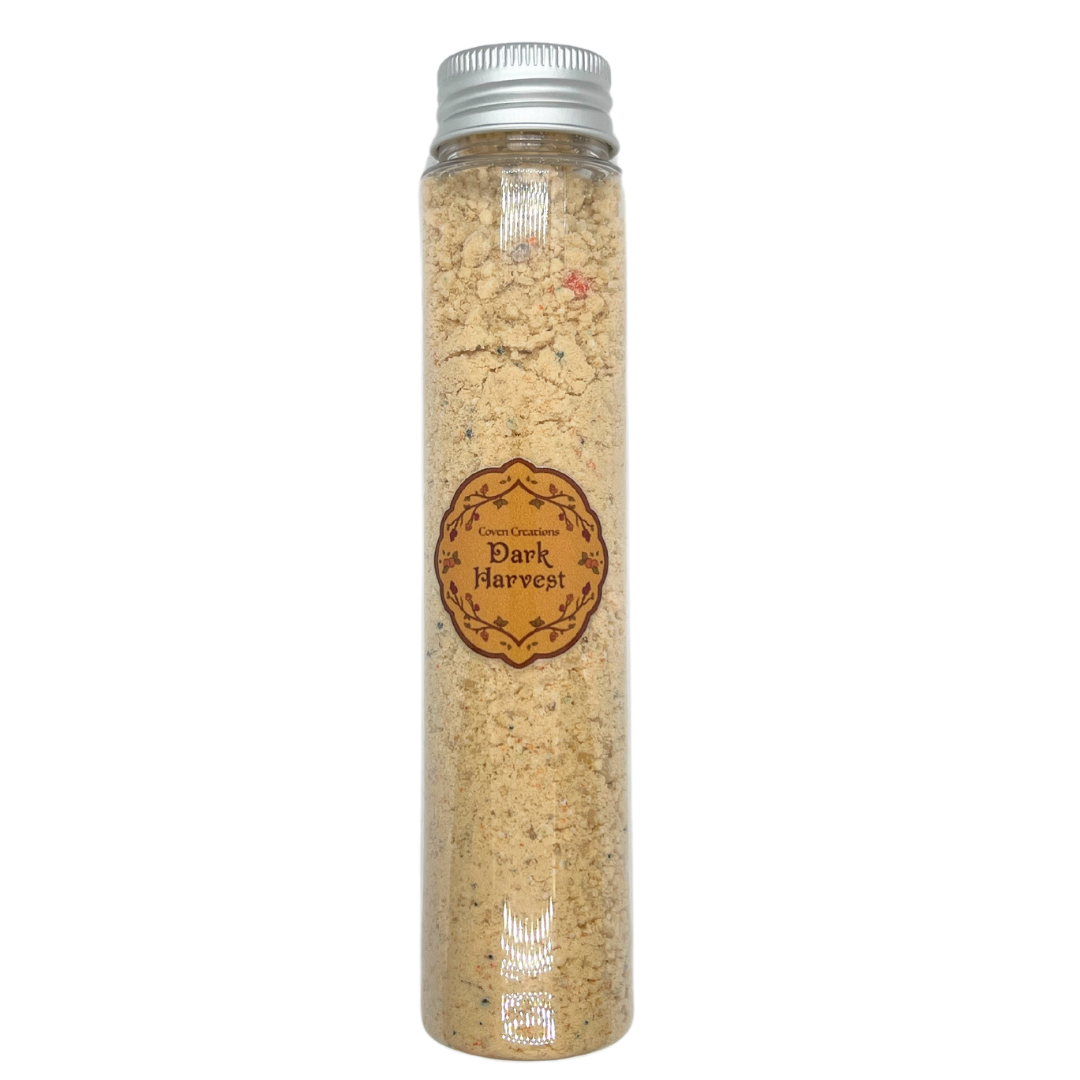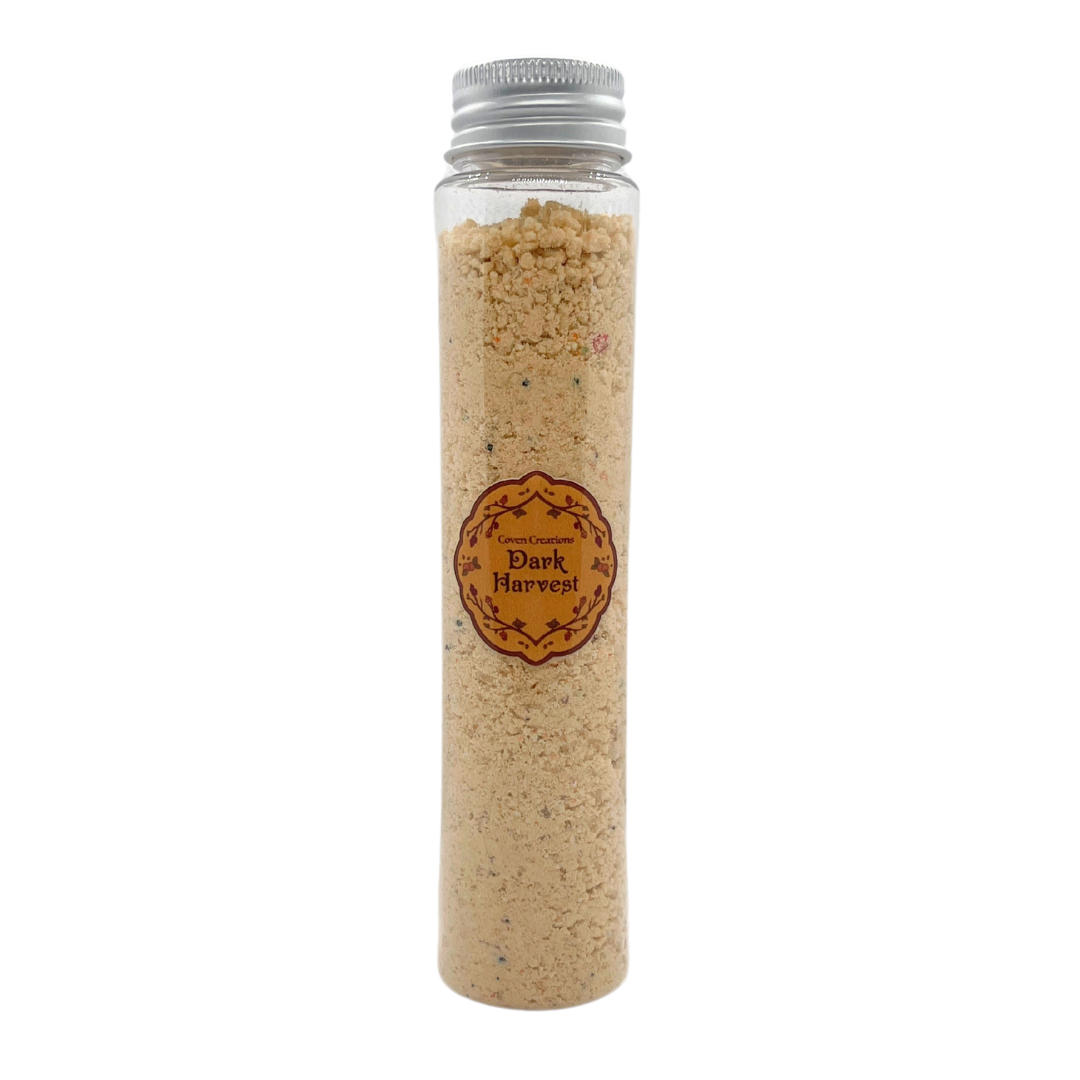Body Butter vs Lotion
Meghan GriffithShare
The Battle of Moisturizers: Lotion vs. Body Butter
Introduction:
In the pursuit of healthy and radiant skin, we often find ourselves overwhelmed by the variety of moisturizing options available. Two popular choices are lotion and body butter, both of which claim to provide nourishment and hydration. But what sets them apart? We will explore the key differences between lotion and body butter, highlighting their benefits, downsides, proper application methods, and the reasons behind the use of different ingredients.
Lotion: Lightweight and Convenient
Lotion is a widely used moisturizing product known for its light texture and quick absorption. Formulated with a high water content, lotions are typically composed of a mixture of oils, water, and emulsifiers. This combination allows lotions to spread easily over the skin, making them ideal for daily use and for people with normal to oily skin.
Benefits of Lotion:
-
Hydration and Moisture Balance: Lotions are excellent at hydrating the skin by providing a burst of moisture. They help in maintaining the skin's moisture balance, preventing dryness and keeping it supple.
-
Quick Absorption: Due to their lightweight formula, lotions are quickly absorbed into the skin. This makes them an ideal choice for those who prefer a non-greasy feel.
-
Ease of Application: Lotions are available in pump bottles or squeeze tubes, making them easy to apply and convenient for on-the-go use.
Downsides of Lotion:
-
Limited Longevity: The light texture of lotions means that their moisturizing effects may not last as long as those of body butter. Frequent reapplication may be necessary to maintain hydration throughout the day.
-
Insufficient Nourishment for Dry Skin: Lotions might not provide sufficient nourishment for individuals with very dry or sensitive skin, as they have lower oil content compared to body butter.
Body Butter: Intense Nourishment and Hydration
Body butter, on the other hand, is a richer and more indulgent moisturizer. It is typically composed of a blend of natural oils, butters (such as shea butter or cocoa butter), and other ingredients like beeswax or essential oils. The high oil content in body butter helps lock in moisture, creating a protective barrier on the skin.
Benefits of Body Butter:
-
Deep Nourishment: Body butter is highly effective at moisturizing and nourishing the skin. Its rich consistency provides intense hydration, making it a go-to option for dry, rough, or mature skin types.
-
Long-Lasting Hydration: The thick texture of body butter allows it to stay on the skin for a longer duration, providing extended moisturization. This makes it an excellent choice for individuals with chronically dry skin.
-
Extra Protection: The higher oil content in body butter helps form a protective layer on the skin, shielding it from environmental stressors and preventing moisture loss.
Proper Application of Body Butter and Lotion:
-
Body Butter: Take a small amount of body butter and warm it between your palms. Gently massage it onto slightly damp skin using upward strokes until it is fully absorbed. Pay extra attention to areas prone to dryness, such as elbows, knees, and heels.
-
Lotion: Apply a generous amount of lotion to clean, dry skin. Massage it in using circular motions until it is absorbed. For better absorption, it is advisable to apply lotion immediately after a shower or bath.
The Natural vs. Synthetic Ingredient Debate:
While body butter is often touted for its use of natural ingredients, it is important to note that not all lotions contain synthetic ingredients. Many brands now offer natural or organic versions of lotions that are free from harmful chemicals. The inclusion of synthetic ingredients in some lotions is primarily for stabilization, preservation, and fragrance purposes. It is crucial to read product labels and choose options that align with personal preferences and skin sensitivities.
In the realm of skincare, both lotion and body butter serve specific purposes based on individual skin types and preferences. Lotions excel in providing light hydration and quick absorption, making them ideal for daily use and oily skin. On the other hand, body butter offers intense nourishment, extended moisturization, and protection for dry or mature skin. By understanding the differences and benefits of each, you can choose the best moisturizer to meet your skin's needs. Whether it's the lightweight convenience of lotion or the luxurious richness of body butter, the path to healthy, well-moisturized skin is within reach.












